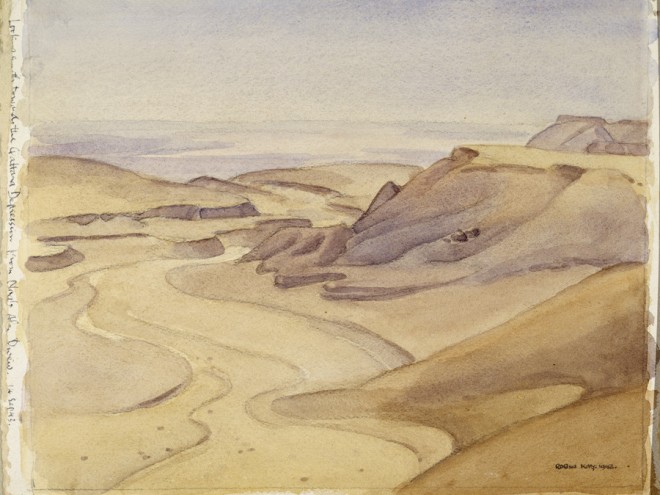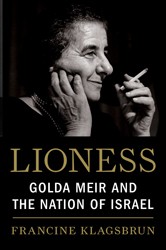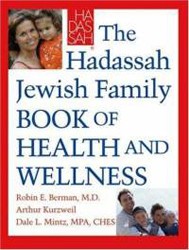Join us on October 28th at 6p.m. ET for a a conversation with Francine Klagsbrun! The award-winning author will discuss her new biography of Henrietta Szold, the founder of Hadassah and a Zionist trailblazer, with moderator Felicia Herman in celebration of this book receiving a Natan Notable Book Award from the Natan Fund in partnership with the Jewish Book Council.
The name Henrietta Szold has long been synonymous with Hadassah, the organization she founded. That was a towering achievement: for more than a century, Hadassah has provided life-changing and life-saving medical services in Israel, and today it is by far the largest Jewish membership organization in America.
Yet, as Francine Klagsbrun demonstrates in this biography, Szold did much more than create that massive and essential institution. She also played a key role in the publication of two landmark works of Jewish scholarship. As a translator and editor at the Jewish Publication Society, she worked closely with Louis Ginzberg on his multi-volume Legends of the Jews, and with Marcus Jastrow on his Dictionary of the Talmud, Midrash and Targumim. Both works remain standard references today.
Szold was a Zionist even before Theodor Herzl published The Jewish State. Herzl later asked her to organize Jewish women in America around Zionism, and in 1912, a group of women founded the “Hadassah chapter of Daughters of Zion.” By 1917, they were a national Zionist organization with thirty-three chapters, called, simply, “Hadassah.”
In her travels to Ottoman Palestine, Szold saw firsthand the ill effects of malaria and unclean living conditions. This prompted her to raise hundreds of thousands of dollars — in today’s dollars, more than three million — to bring dozens of doctors and nurses to Palestine. Later, after moving there, she became acting director of the American Zionist Medical Unit, and oversaw the work of four hundred medical professionals without having had any medical training herself — a vivid demonstration of her natural leadership abilities.
That alone would have been an extraordinary achievement, but there’s more. Recognizing the necessity of organizing public education in Palestine, Szold spent three months in the US raising funds. There, she attracted a leading American educator to join her in Palestine. Seeing that social services were minimal, she helped organize social workers to assist families. And she was fearless: when financier Felix Warburg, a top official at the Jewish Agency, tried to interfere with her plans, she boldly confronted him.
With the rise of the Nazism in Germany, Szold organized the Youth Aliyah to resettle German children in kibbutzim — children whom she personally visited again and again. She traveled to Hitler’s Berlin to help coordinate efforts there, and raised money to rescue children fleeing Romania and the Soviet Union. Szold was truly selfless: when Hadassah made her a gift of twenty-five thousand dollars in honor of her eightieth birthday, she used it to create a girls’ shelter for daughters of poor families. Her life is a model of giving: she devoted her considerable talents to the welfare of others.
Francine Klagsbrun is the ideal biographer for Szold. Deeply learned in Jewish life and culture, she recounts both the heartbreak and the triumphs of a great Jewish leader, with enormous empathy for Szold’s personal disappointments as well as deep appreciation for her intellect, courage, resourcefulness, and accomplishments. It’s a compelling and inspiring story.
Bob Goldfarb is President Emeritus of Jewish Creativity International.





